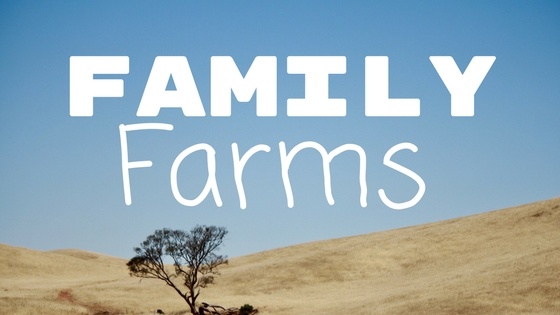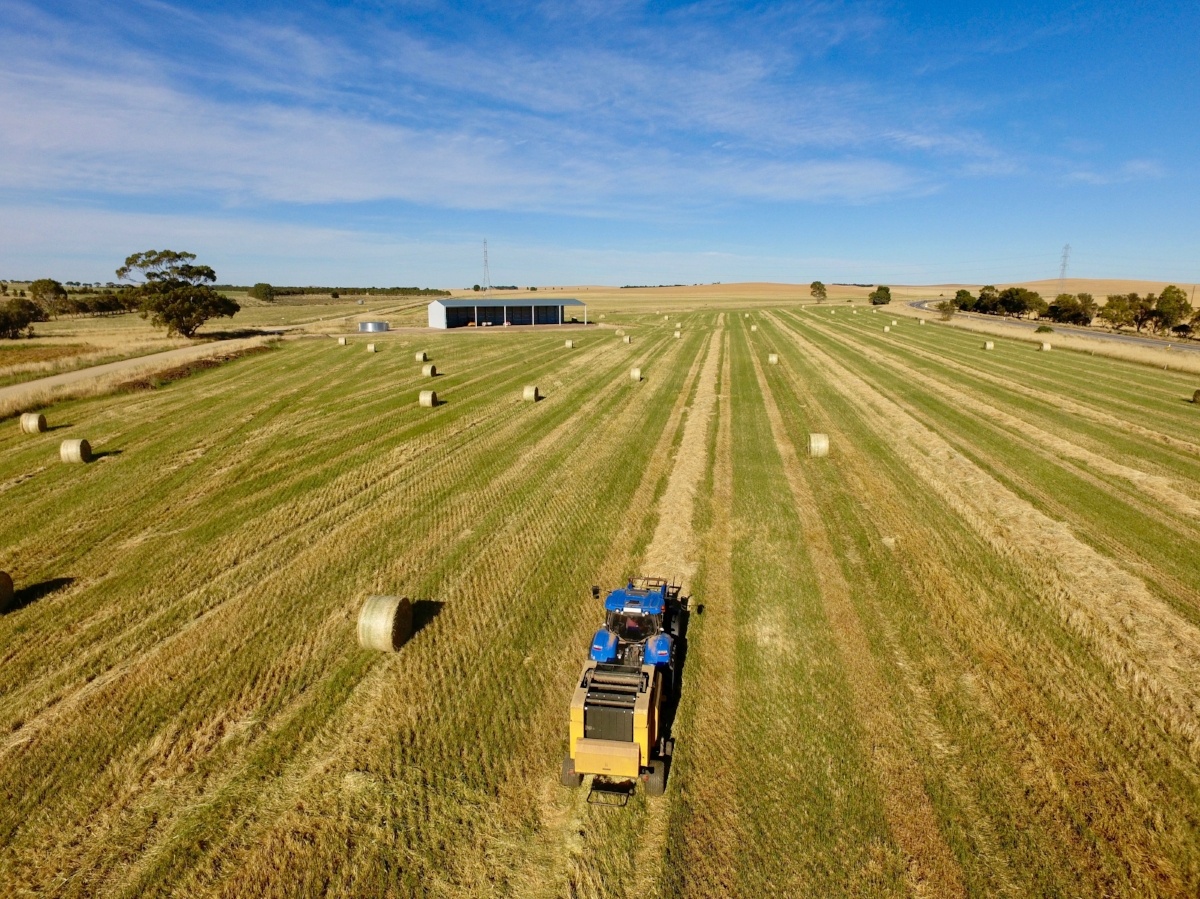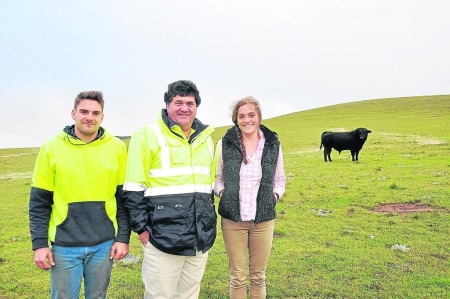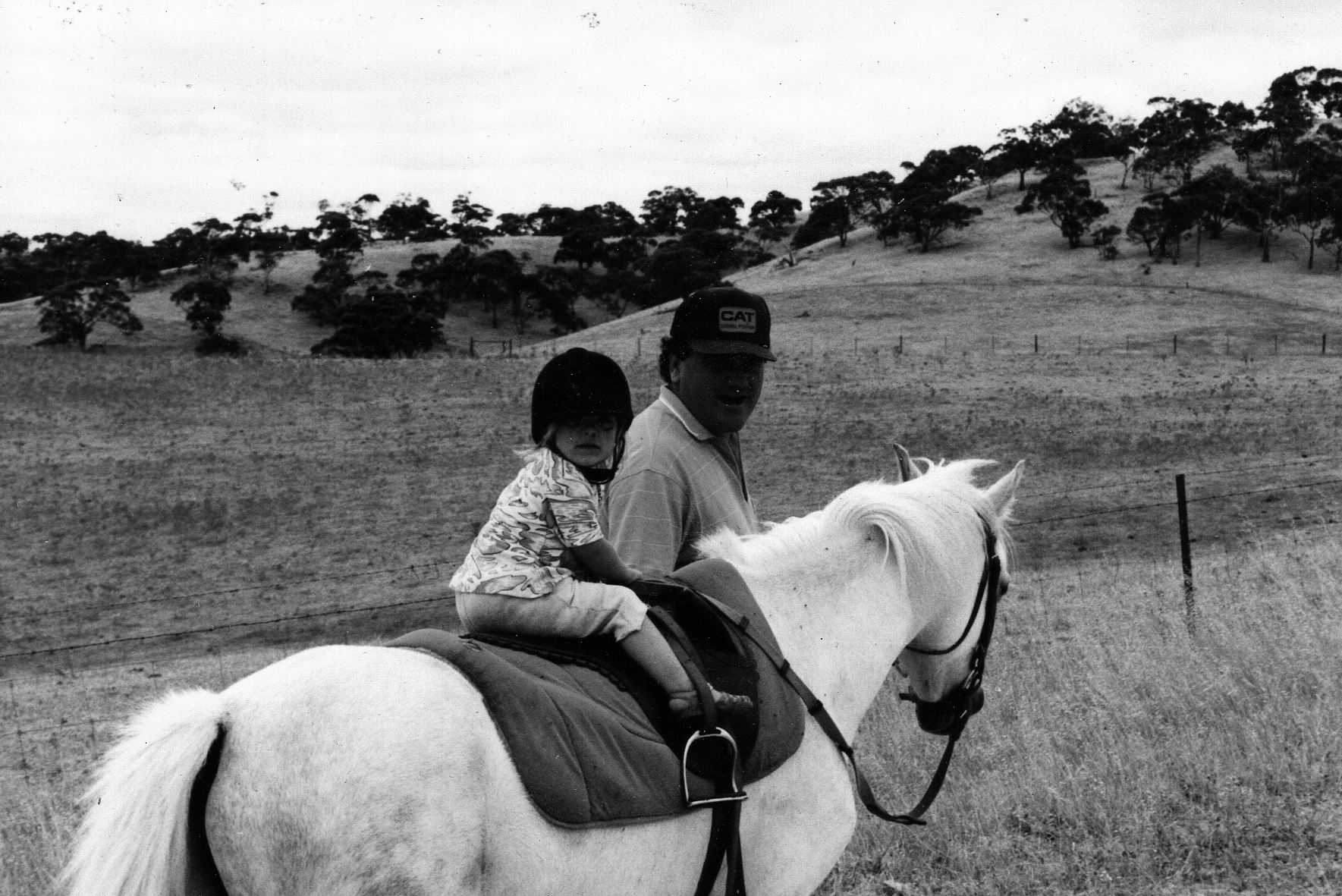
Farming and station families have been around since the advent of agriculture in Australia. There are many families that have been working and living in rural Australia for many generations.
Family farms play an important role in the Australian economy and form a large part of many rural communities. For families living on remote properties in Australian pastoral country, they will often live and breathe their businesses, rarely getting the opportunity to visit the city.
We believe that there is no greater feeling than working with family and teaching kids the benefit of working hard through tough conditions.
Many farming parents are often building a business in the hope that one day will be able to pass on their business to their children. Which will add to their passion for their work and their drive to succeed.
With the encroaching trend of large corporate's and international investors purchasing station land and farms in Australia, it would not be ignorant to assume that family farms are a dying undertaking.
The Australian Bureau of Statistics found in the 2010 and 2011 Agricultural Census that there were 135,00 farm businesses in Australia, the majority of which were small farms (55%) (ABS).

The ABS also found that the number of farmers has been in decline for many decades. A fact that they attribute to small farms expanding to increase annual production yields as well as fewer young people taking over their family farms (ABS).
But we would like to praise the family farm. Farming families play an important role in rural communities for a number of reasons;
- they contribute to local economies and businesses,
- they provide employment opportunities
- they support local groups, clubs and organisations.
Farmers who own and run a family farm or station tend to be mostly self-employed, tend to work considerably longer hours than most other occupations and retire at a later age (ABS). These are just a few of the reasons why we should all be thanking our farmers.
Farming as we know it today is an ever-evolving industry. The ever increasing demand for Australian produce and the pressures to increase production and adopt more sustainable methods means that farmers are constantly trying to improve productivity and annual yields in a sustain.
The pressure is on now more than ever to focus on the future and incorporate modern methods into traditional production practices. Through technology, improved grain and seed varieties, streamlined processes as well as many other means.
Due to the nature of farming businesses becoming increasingly more complex, the proportion of producers seeking higher level education has increased more than many other occupations (ABS).
Meaning that often farms today should not be downplayed in terms of business involvedness or value, farming businesses are often multifaceted and intricate organisations.

In many cases, the children of farmers who choose to take on the family business have been learning about farming since they were born. Because for farming families, every family member often has a role to play. Kids will often spend time watching their parents at work and when they are old enough they will help where they can. This is especially true for those families living in remote areas of Australia.
We think that every Australian child should at least once in their life experience farming and where their food comes from. Working alongside their parents when kids are young teaches them the value of hard work, gives kids practical experience in problem solving and teaches them how to work with livestock as well as teaching them about their family business. Learn more about why education in agriculture is important here.

The clear majority of Australia's population live in urban areas and in the city (Population Australia).
The divide between the city and the country is becoming more evident as increasingly more Australian's get less of an opportunity to truly experience farming and production.
This has resulted in an array of misconceptions and misunderstandings about farming and production. There are groups, advocates and organisations working hard to bridge the gap and give people the opportunity to learn and experience country life, but more can be done.
Australian farming families are truly unique and very special and Princess Royal Station is proud to be an Australian owned and operated family business.

